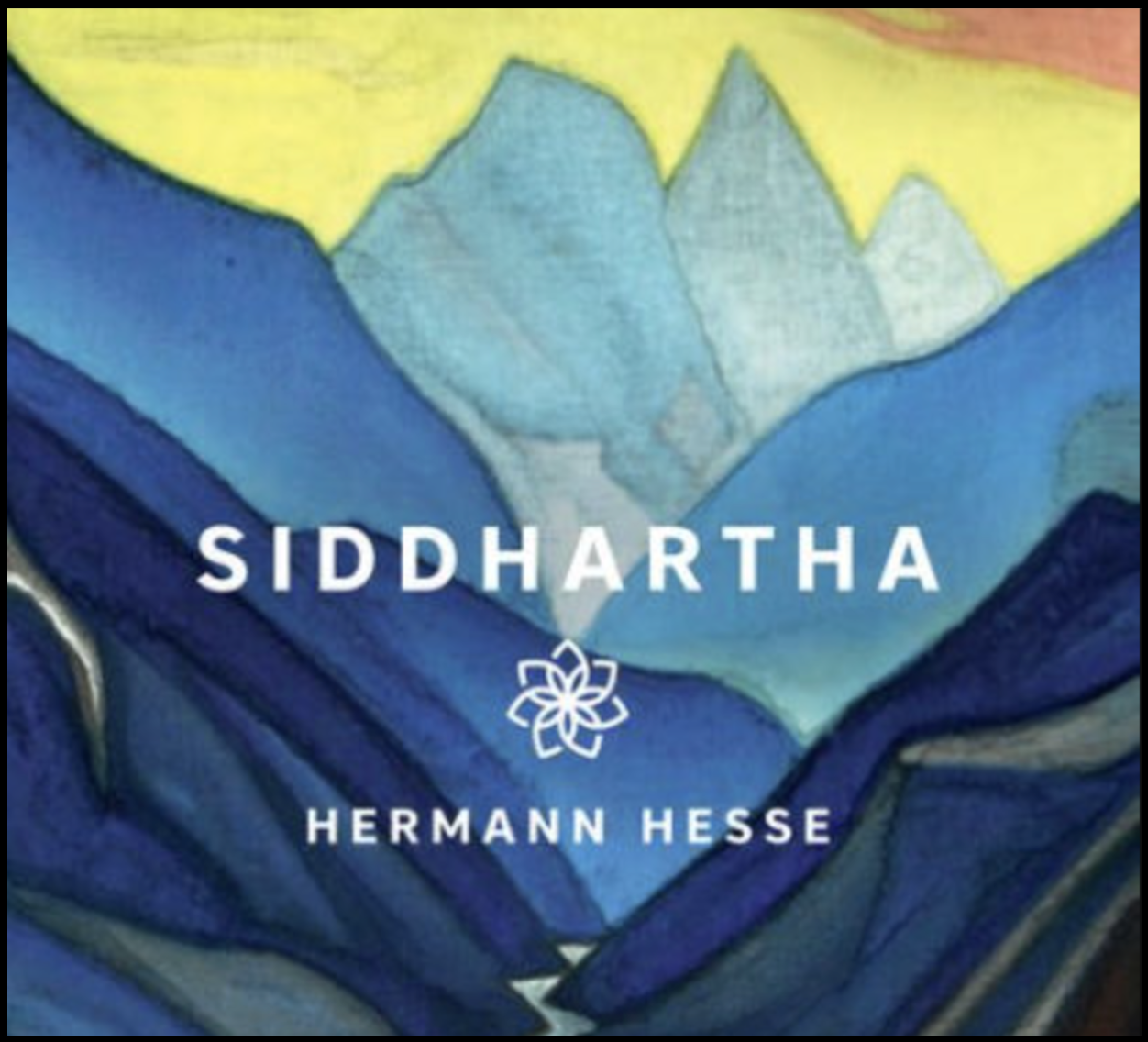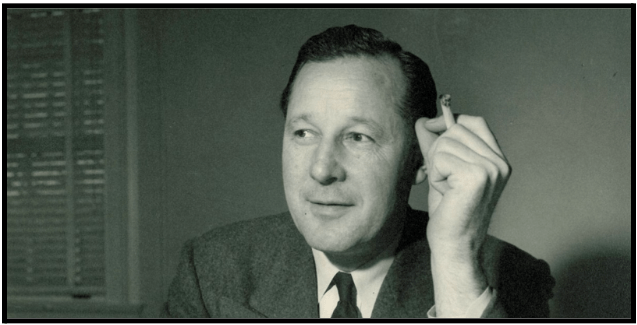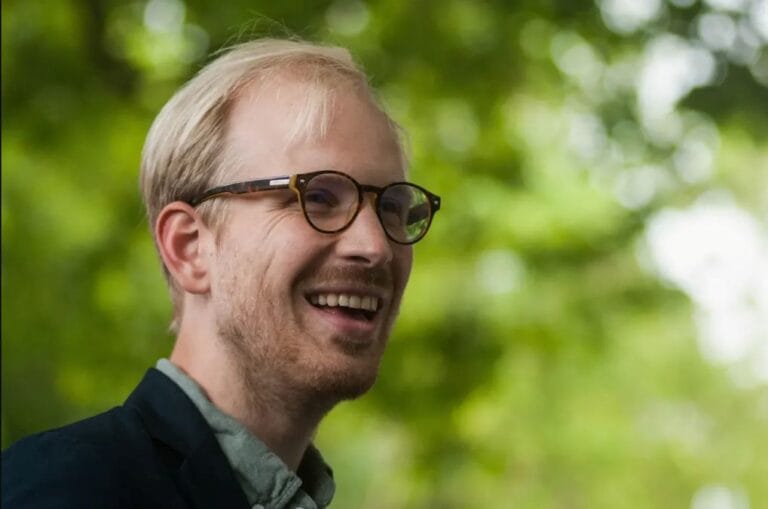“No one saves us but ourselves . . . we must walk the path.”
~ Buddha
There are more than 100 million copies of Hermann Hesse novels that have sold worldwide. For our 100th newsletter, I thought it would be fun to write a 100th anniversary appreciation of Hesse’s most famous work, Siddhartha. It’s a little book that leaves a big impression.
We live in an age of saviors.
Political saviors. Religious saviors. Silicon Valley saviors. If only we elect this person to office, or follow this guru’s advice, or allow this tech founder to spin their magic, then our lives will be fulfilling.
Many of us have our own savior complex. A craving to jump in and lend an unsolicited hand. A calling to constantly work to make progress on projects. A desire to denounce anyone waving the wrong flag and show our superiority as we save others from folly.
A hundred years ago, the German writer Hermann Hesse urged us to reject all of this. To neither embrace saviors nor attempt to be one. He published his insights in a little book called Siddhartha.
Think about the most important things in life:
- A peaceful mind
- A healthy body
- A home filled with love
- A fulfilling career
- Strong relationships with your community
- Living in sync with your values
- Achieving excellence in whatever matters most to you
- A deep connection to God/nature/truth/something larger than self
No one can give these to you. And you can’t buy them. You have to build them.
Of course, we often need support from our family, friends, communities, and various coaches – but ultimately we have to do the hard work. No savior can do it for us.
The only way to get the life we want is to build it. Along a path of our choosing.
This is the essence of Siddhartha.
The novel begins “in the sunshine on the river bank by the boats.” Siddhartha is an esteemed teenager living long ago in a happy village where everybody loves him. He develops an expert understanding of the important religious texts and lives their teachings. His life seems perfect, yet he feels compelled to leave home and continue his spiritual growth.
In answering the question, “what’s the correct path to take in life?” philosophers throughout history have carved out two main approaches: the happy life and the meaningful life. (Also called hedonic and eudaimonic.)
A happy life focuses on avoiding suffering and filling our experiences with pleasure and positive emotions. A meaningful life focuses on adhering to principles and purpose.
Siddhartha abandons his happy life in order to build a life of meaning. He wanders throughout India as an ascetic beggar for years. He is immersed in suffering yet transcends it. A coddled and comfortable existence, he believes, does not ultimately bring contentment.
Eventually, Siddhartha crosses paths with Buddha and they have a battle of wits. Siddhartha praises him for achieving enlightenment but argues that others cannot do the same by following his path. We each must find our own path in life, as Buddha did, rather than follow any specific doctrine or savior, like Buddha’s followers do.
The encounter with Buddha leaves Siddhartha feeling excited and open to new experiences. A beautiful woman convinces him to leave behind his asceticism and achieve financial success. Siddhartha does this and embraces life in all its richness. He and the woman become wealthy lovers for many years.
There is a third approach to the good life. It has been ignored and neglected, though in the past few years researchers are exploring it more: psychological richness.
A person that is psychologically rich embraces new and diverse experiences. These experiences may bring happiness – or suffering. They may be meaningful. Or not.
But they’re exciting.
I think of my life: when I graduated from college I moved into a teepee on a pond in rural Iowa. Later I sold coupons door-to-door for straight commission, then went to New York and lived in the basement of an old mansion as an intern for a year and a half. I moved to DC with no money or job. I spent a freezing cold night with my buddy on a sheer mountain face during a terrifying climbing epic. Maryrose and I lived nomadically in a bus throughout the pandemic.
All of these experiences brought me suffering. But if I could rewind my life and live it again, I would still embrace every one of them.
Buddha told Siddhartha that his teaching was salvation from suffering and nothing else. But much progress in life comes from turning suffering into comfort. We can avoid suffering by living in a bubble, but is that the best way to live? Even in death and divorce, I’ve personally found there is growth and texture.
Suffering and losing are important aspects of living. As one of America’s greatest philosophers said, “it’s better to have lost at love than never to have loved at all.”
Ultimately, the good life may be our own unique combination of happiness, meaning, and psychological richness.
When Siddhartha approaches old age he gets depressed with his increasingly materialistic life. Once again he renounces everything and heads back into the wilderness. He befriends a simple ferryman who helps people cross a river.
The ferryman gets Siddhartha to learn how to truly listen to himself and the world around him. “When people ask me where I get my ideas,” Ray Bradbury once wrote, “I laugh. How strange – we’re so busy looking out . . . we forget to look in.”
Siddhartha finally masters this and achieves the enlightenment he spent his life seeking.
The word Siddhartha is Sanskrit for “one is content because they’ve found what they’re looking for.” It means you have transcended the yearning to find or become a savior because you’ve found and become yourself.
You are the only person on the planet that you have been commissioned to improve. This is a mammoth project – and yours alone. As Nietzsche wrote:
No one can build you the bridge on which you, and only you, must cross the river of life. There may be countless trails and bridges and demigods who would gladly carry you across; but only at the price of pawning and forgoing yourself. There is one path in the world that none can walk but you. Where does it lead? Don’t ask, walk!
![]() IDEA
IDEA
Transcend yearning for a savior by becoming yourself.
In what ways have you walked your own path? Take a minute to reflect on your life and write this down. Let it inspire you to keep forging your own way.
***
For more like this:
Cheers,
Bob
PS: Happy birthday mom!




